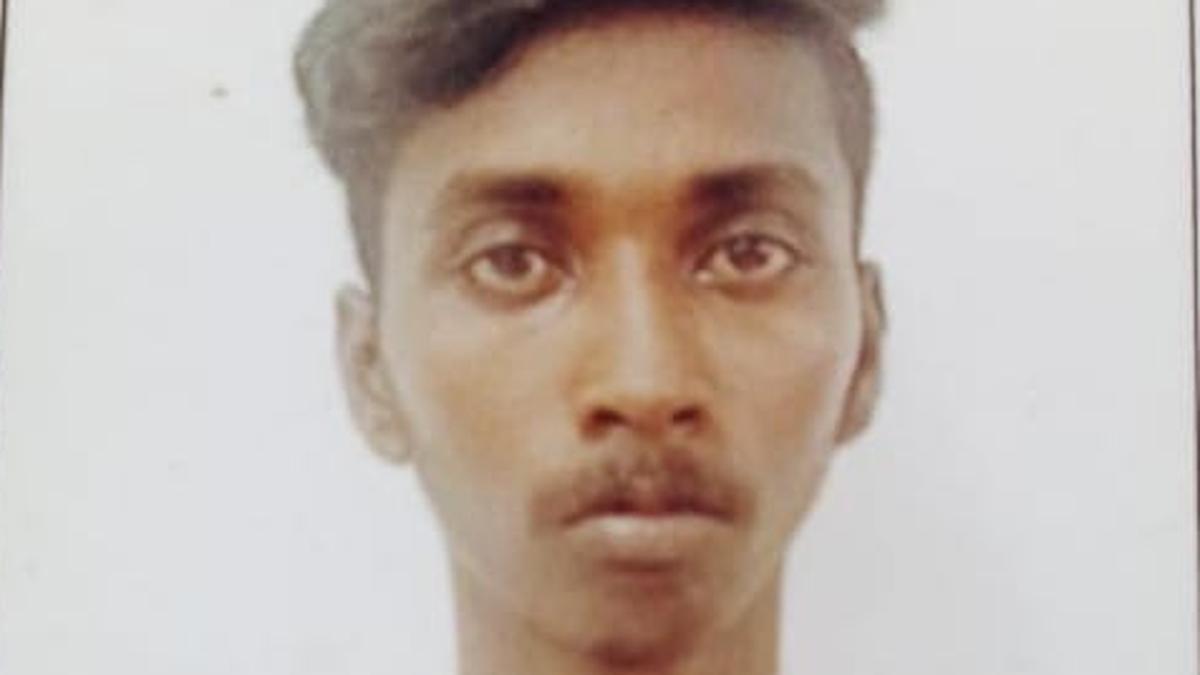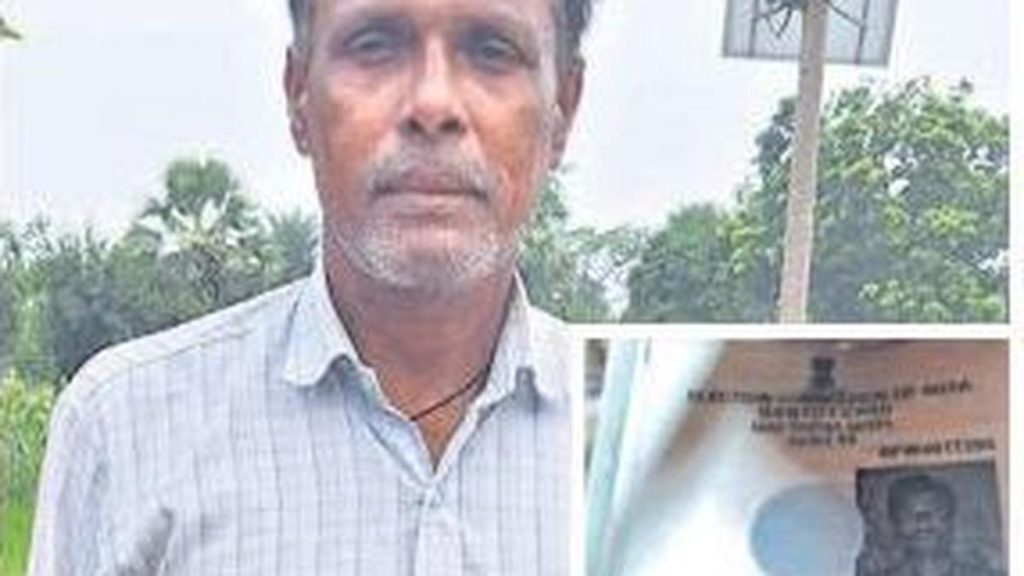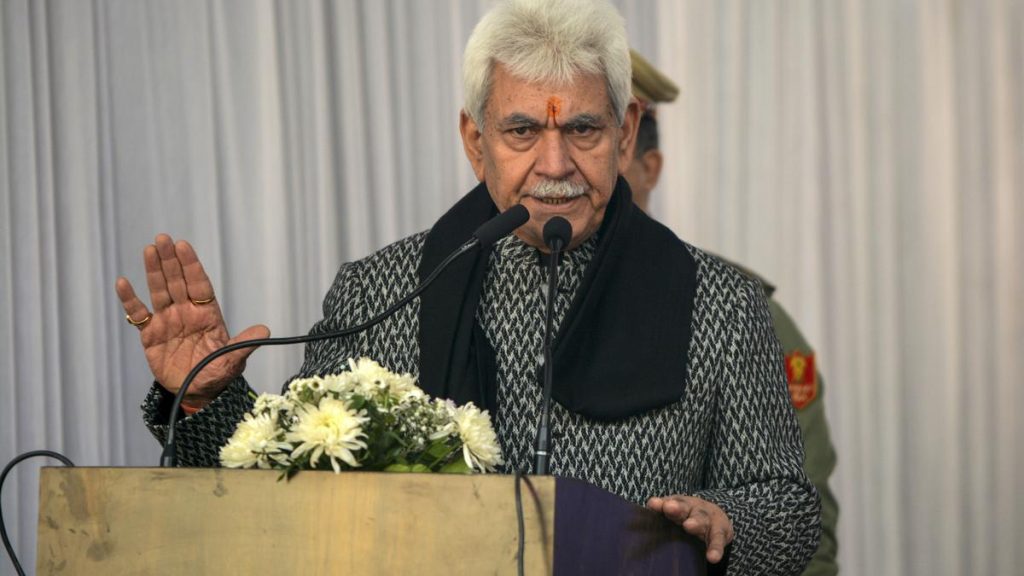Now Reading: Gang Violence Claims Youth’s Life Near Cheyyar
-
01
Gang Violence Claims Youth’s Life Near Cheyyar
Gang Violence Claims Youth’s Life Near Cheyyar

Quick Summary
- mohammed Afsal, a 21-year-old welder from purasai village near Cheyyar in Tiruvannamalai district, was murdered near a lake at Poondipattu village.
- He had been working in Tiruttani town, Thiruvallur district, and hadn’t returned home for weeks. His father filed a police complaint which led to the search for him.
- Investigations revealed Afsal had recently developed an addiction to ganja and engaged in drug peddling to supplement his welding income.
- Farmers reported foul smell from the lake area, leading to police revelation of Afsal’s body near a borewell in the dry portion of the lake.
- Injury marks were found on his body; it has been sent for postmortem examination at government Medical College Hospital in Tiruvannamalai.
- Police have registered a case and are investigating further.
Indian Opinion Analysis
The tragic murder of Mohammed Afsal highlights multiple interconnected issues facing rural and semi-urban India. Drug addiction appears central to both his fate and broader societal concerns-an issue increasingly gaining attention as substances like ganja penetrate deeper into smaller towns through illicit trade networks.Additionally, economic struggle is evident; reliance on supplemental income from drug-related activities indicates insufficient earnings or lack of stable employment opportunities for youth involved in skilled labor such as welding.
From an institutional outlook, this incident underscores challenges local law enforcement faces-ranging from monitoring narcotics-related crimes to timely intervention when disappearances are reported by family members. Beyond policing efforts, tackling underlying reasons behind substance abuse-education gaps and livelihood insecurities-is equally important.While investigations continue into who killed Afsal and why, this case serves as another painful reminder of how individual vulnerabilities intersect with systemic shortcomings across health care access, community cohesion against crime networks, and sustainable employment options.
Read more: The Hindu Article
























